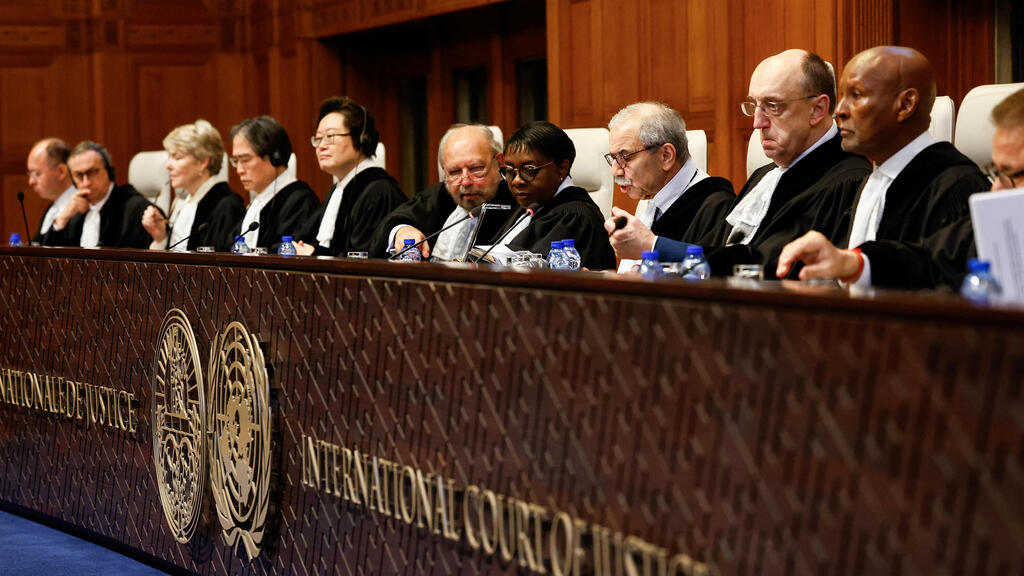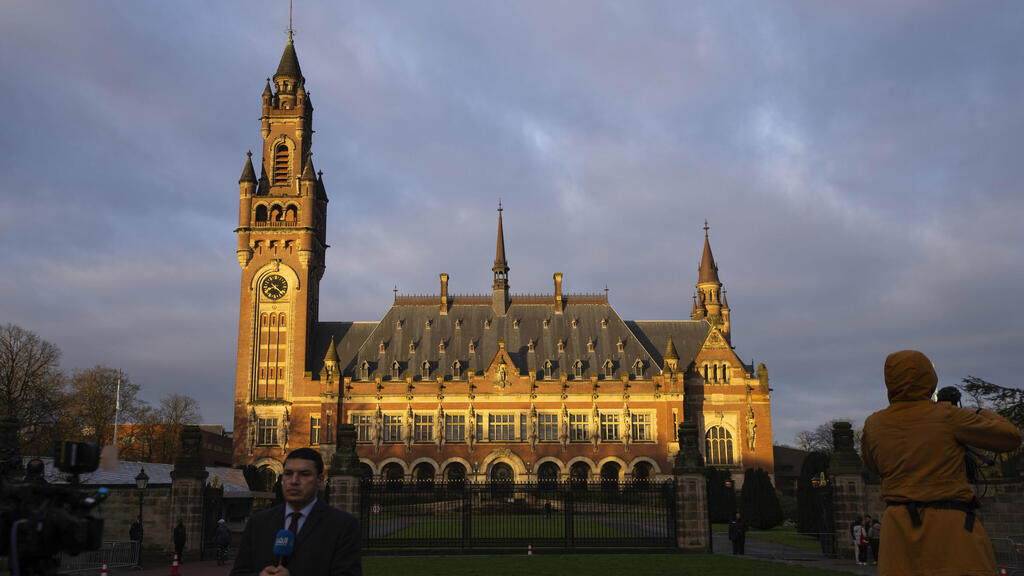The International Court of Justice in The Hague will convene on Thursday, after rejecting Israel's request to postpone the hearing until next week. The hearing will be in response to South Africa's request for additional provisional measures against Israel, including an order to halt the war amid the operation in Rafah.
A team led by Israel's Deputy Attorney General is already en route to the Hague and is expected to present Israel's arguments—though it remains undecided whether this will be done in writing or in person.
Israel is concerned about the possibility that the court might issue an order to stop the fighting in Gaza in the war against Hamas, and hopes to avoid such an outcome. Officials said that even if the court issues an order to cease hostilities, Israel was not necessarily expected to comply, which could bring the matter before the UN Security Council, where a potential American veto might come into play.
The Israeli delegation includes representatives from the Justice, Foreign, and Defense ministries. The delegation is headed by Dr. Gilad Noam, Deputy Attorney General for International Law.
Attorney Nick Kaufman, who has served as both prosecutor and defense attorney at the International Criminal Court in The Hague, spoke to Ynet on South Africa's new request and how the support expressed by Turkey and Egypt might influence the court.
What is the significance of not participating in the hearing if Israel decides not to send representatives?
"The court will only hear South Africa's arguments and will make a decision without considering Israel's position."
Can Israel request to replace the Lebanese president of the court, who, according to some sources, acted unfairly by scheduling the hearing on such short notice?
"I don't believe the notice is particularly short, as the request is urgent and, if its content is accurate, its objective would be thwarted if the hearing were delayed. There is no possibility of replacing the Lebanese president, and attributing ulterior motives to him, unfortunately, might reflect a lack of confidence in Israel’s current stance. Israel had the option to request the hearing be held via video conference, as has been done in other cases at the court."
How will the involvement of Egypt and Turkey affect the situation, and where does the U.S. stand?
"The Israeli government has yet to fully grasp the extent of its low standing in the eyes of the international community. The involvement of Turkey and Egypt—both crucial in combating Islamic terrorism—indicates a grim reality. Moreover, South Africa is a regional power, and the U.S. is one of its largest trading partners. It's unlikely that South Africa would risk these trade relations without understanding, through diplomatic channels, that the U.S. would not oppose such a determined pursuit of a case against Israel in The Hague."




